Views: 0 Author: Site Editor Publish Time: 2025-04-15 Origin: Site
Toilet paper is a crucial yet often overlooked household product that impacts our daily lives and the environment. Recently, the quest for eco-friendly and efficient choices has brought bamboo toilet paper into the spotlight, raising questions about its benefits and how it compares to traditional options. This article explores the fascinating world of toilet paper, addressing key questions, providing insight into environmental implications, and emphasizing the role of innovative bamboo-based solutions.
A seemingly odd practice, putting a toilet paper roll under a toilet seat is more common than you'd think. But why do people do it? This method is mainly about hygiene and practicality.

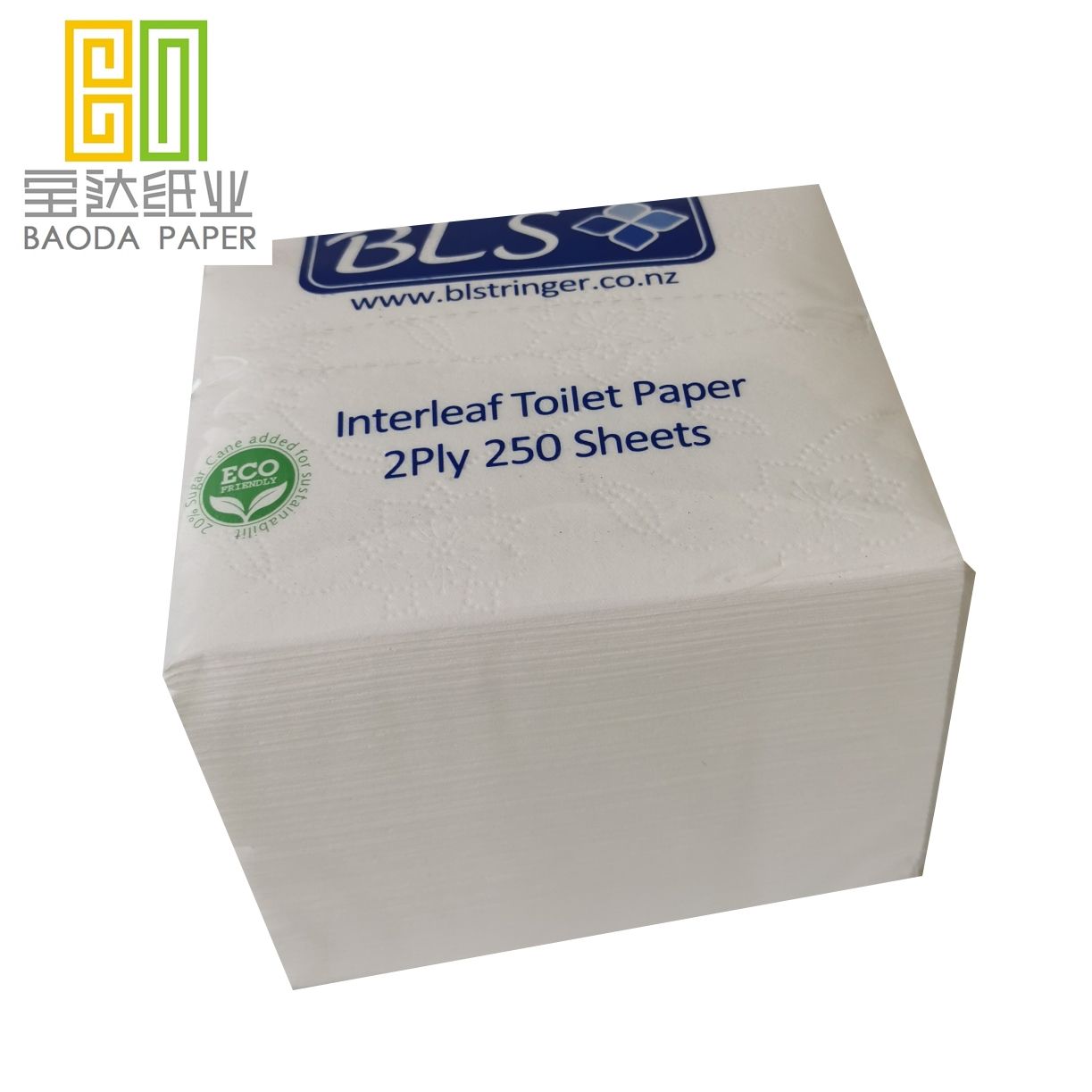
Parents often place a roll under the seat to elevate and stabilize the surface when they need to change a baby's diaper in a public washroom. It creates a makeshift platform that offers better support and safety.
Public toilets can sometimes lack sufficient cleanliness. Placing a toilet paper roll under the seat raises the seat slightly, avoiding direct contact with potentially unclean surfaces.
At home, placing a roll under the seat can act as a soft buffer to prevent slamming noises, which is especially useful at night, ensuring quiet and considerate usage. These creative uses of a toilet paper roll show just how versatile and resourceful people can be! While simple, this practice highlights the importance of hygiene and adaptability in our everyday environments.
Yes, bamboo toilet paper is better in many ways, offering both environmental and practical benefits. To truly evaluate its superiority, we need to look closer at three aspects: sustainability, performance, and cost-efficiency.
Bamboo is an environmentally friendly raw material that grows rapidly without the need for pesticides or fertilizers. Unlike traditional wood pulp sourced from slow-growing trees, bamboo regenerates quickly. Harvesting bamboo has a minimal environmental footprint, as it does not require tree felling or large-scale deforestation. Additionally, bamboo helps reduce carbon emissions. With its impressive carbon-sequestration ability, it absorbs more CO2 and generates more oxygen compared to regular trees. Choosing bamboo in paper manufacturing aids conservation efforts and helps tackle climate change.
Bamboo toilet paper stands out for its strength and softness. Most bamboo-based products are durable, resisting breakage or tearing during use, but they’re also designed to dissolve quickly and safely in water, reducing risks of clogging in plumbing systems. On top of all this, bamboo paper is naturally hypoallergenic, making it ideal for those with sensitive skin or allergies.
Though bamboo toilet paper sometimes costs more upfront, it often provides better value for bulk purchases. Companies offering toilet rolls wholesale ensure competitive prices per unit, giving households and businesses an eco-friendly option at a reasonable cost. Over time, its balance of durability and eco-consciousness ensures a better return on investment. The consensus? When considering its environmental advantages, high-quality performance, and growing affordability, bamboo toilet paper is an excellent alternative to traditional options.
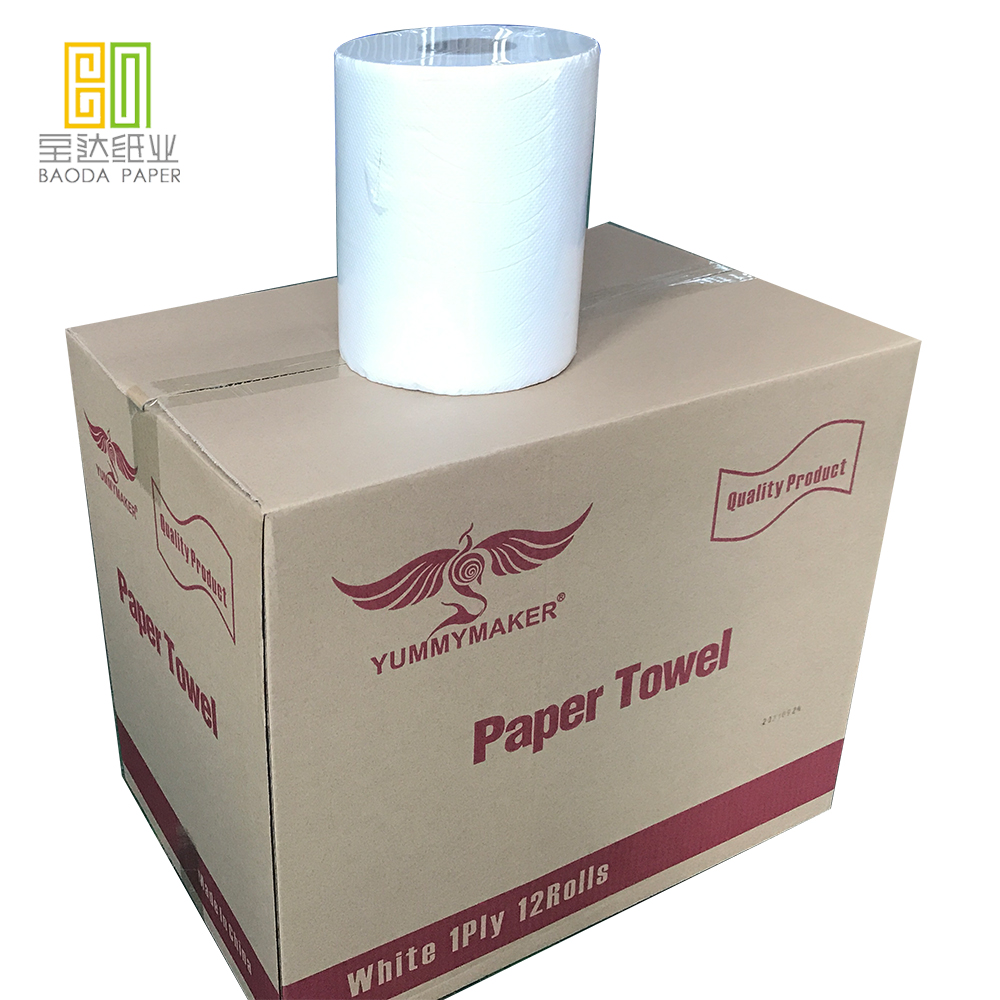
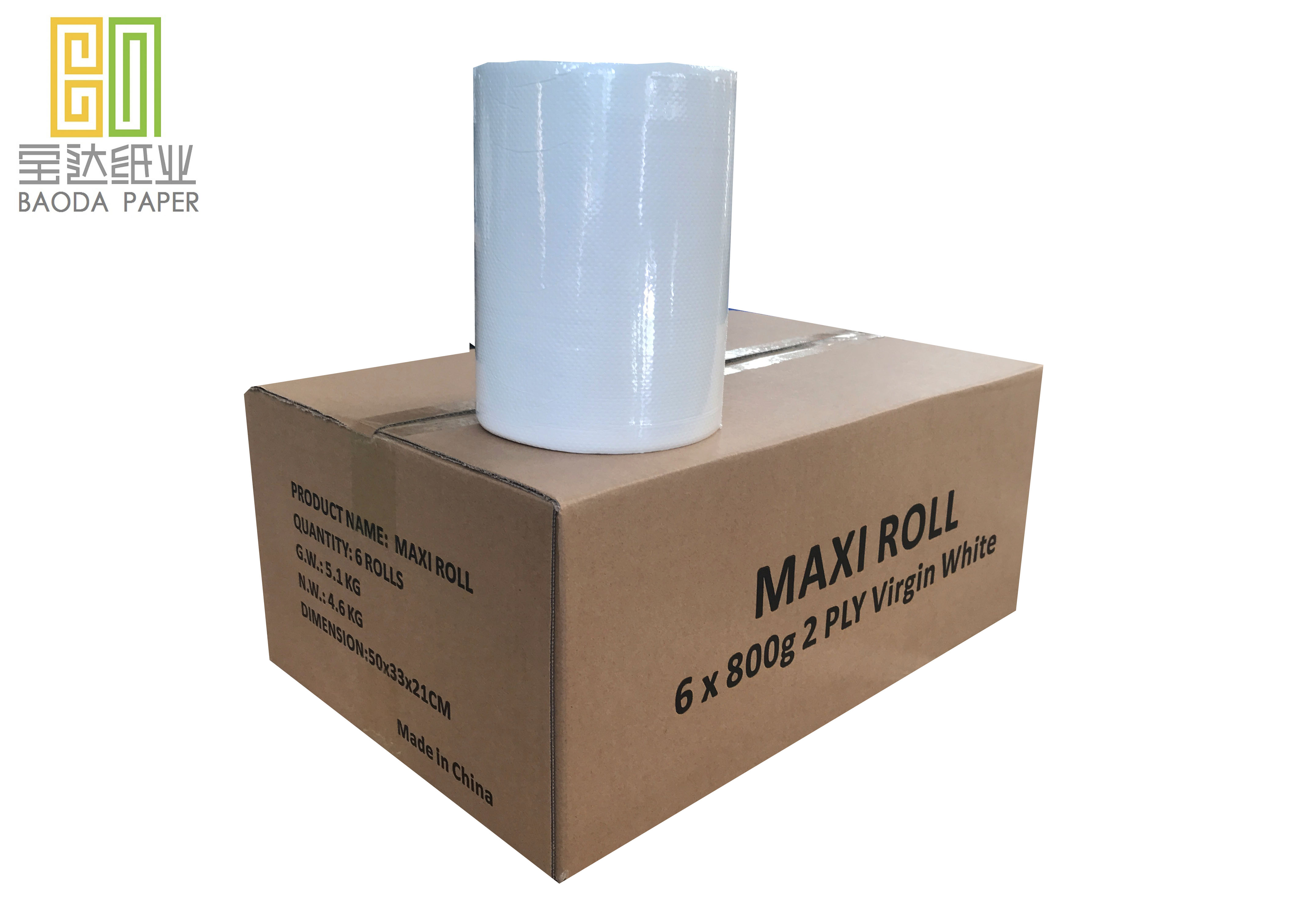
The key to understanding why bamboo toilet paper is revolutionizing the market lies in the bamboo raw materials. Here’s why bamboo's characteristics make it a superior alternative:
Bamboo can grow 3 feet in just 24 hours and reaches harvestable maturity in 3 to 5 years. Unlike trees, which may take decades to mature, bamboo regenerates quickly after cutting and doesn’t require replanting.
Bamboo thrives in diverse climates and requires significantly less water compared to conventional trees. It also grows using natural rainfall, eliminating the need for irrigation systems. This saves valuable freshwater resources.
Bamboo pulp is biodegradable and compostable. Once discarded, it decomposes naturally without leaving harmful microplastics or residue in the environment.
The flexibility of bamboo as raw material extends to producing jumbo roll toilet paper, standard-sized rolls, and even premium, unbleached varieties. Manufacturers create all these using bamboo pulp, adapting to consumers' varied needs.
Producing bamboo paper fits seamlessly into sustainable production cycles. The zero-waste ethos ensures minimal by-products in manufacturing, and even discarded bamboo residues can be turned into biofuel or animal feed.
| Attribute | Bamboo Raw Materials | Traditional Wood Pulp |
|---|---|---|
| Growth Time | 3-5 years | 20-30 years |
| Water Consumption | Low | High |
| Carbon Sequestration | High | Moderate |
| Replantation Need | None (regenerates naturally) | Manual replantation required |
| Biodegradability | Fully biodegradable | Biodegradable |
| Resource Efficiency | High (supports zero-waste production) | Moderate (creates some wastage) |
For consumers and businesses looking for long-term sustainable options, purchasing bamboo toilet paper in bulk opens many possibilities. Wholesale purchases of jumbo roll toilet paper or sets of rolled paper are particularly popular with offices, restaurants, and public facilities. Here’s what makes wholesale bamboo toilet paper worth considering:
Buying in bulk or engaging with suppliers of toilet rolls wholesale significantly reduces the per-unit cost of bamboo toilet paper. This is a reliable way to make eco-friendly choices accessible for large organizations or budget-conscious individuals.
Wholesale suppliers can often provide customized solutions, such as different ply options, embossed textures, or jumbo sizes suitable for high-traffic environments. This level of flexibility ensures individual and organizational needs are met efficiently. Organizations aiming for greener footprints can transition their public facilities entirely to bamboo-based products. It reflects a commitment to environmental responsibility while offering exceptional quality to end-users.
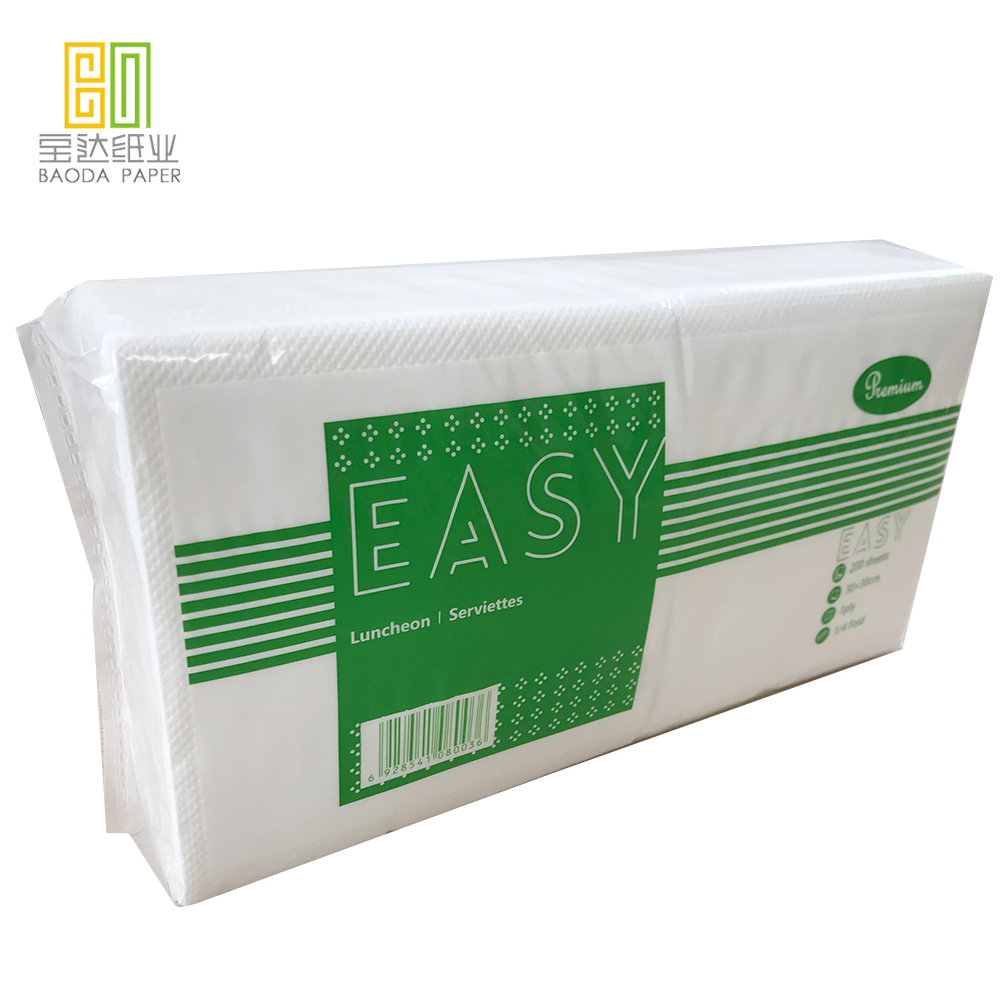
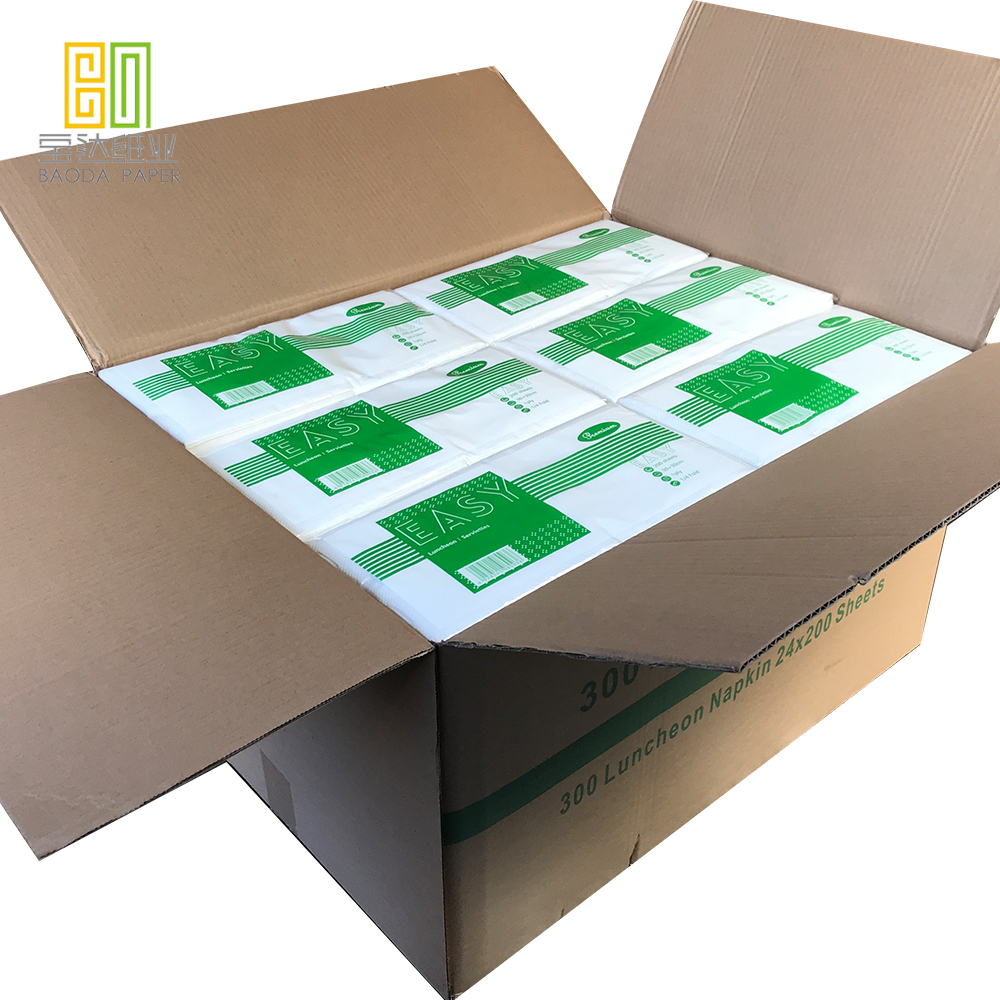
Bamboo’s rapid growth, minimal resource use, carbon-sequestration properties, and biodegradability make it the ideal raw material for producing sustainable toilet paper.
No, bamboo toilet paper is made to dissolve safely and quickly in water, making it septic-safe and less likely to clog plumbing systems compared to thicker or less biodegradable alternatives.
Yes, bamboo toilet paper is incredibly soft without losing tensile strength. Advanced manufacturing techniques ensure bamboo paper balances comfort and durability.
Absolutely. Many manufacturers, including Baoda Paper, offer flexible toilet rolls wholesale or jumbo roll toilet paper for businesses seeking affordable, high-quality solutions.
By switching to bamboo, you reduce reliance on deforestation, conserve water, lower CO2 emissions, and promote the use of biodegradable products.
With growing demand and countless suppliers, finding a brand that delivers consistent quality and environmental commitment can be a challenge. Baoda Paper is a standout name in the bamboo toilet paper industry, offering reliable products suited for homes and businesses.
Product Range: Baoda Paper specializes in high-quality bamboo toilet rolls, including bulk supply options like jumbo roll toilet paper and other customized toilet paper products.
Committed to Sustainability: Baoda Paper harnesses advanced, eco-friendly processes in its manufacturing, ensuring every toilet roll reflects their promise of sustainability.
Customer-Centric Approach: Competitive pricing and tailored solutions ensure satisfaction for domestic and commercial customers alike.
Contact Information: To explore bulk purchases or product inquiries, reach Baoda Paper at sale@baodapaper.com or call them at +86-750-6895212. Switch to eco-conscious and practical bamboo options today with Baoda Paper and join the growing community of businesses and households committed to sustainability!
| | Address: Xinyuan Industrial Development , Xinhui District , Jiangmen City, Guangdong province , China |
| | Custom Support & Sale: +86-750-6895212 |
| | phone: +86-13380963281 |
| | E-mail: sale@baodapaper.com??????? |